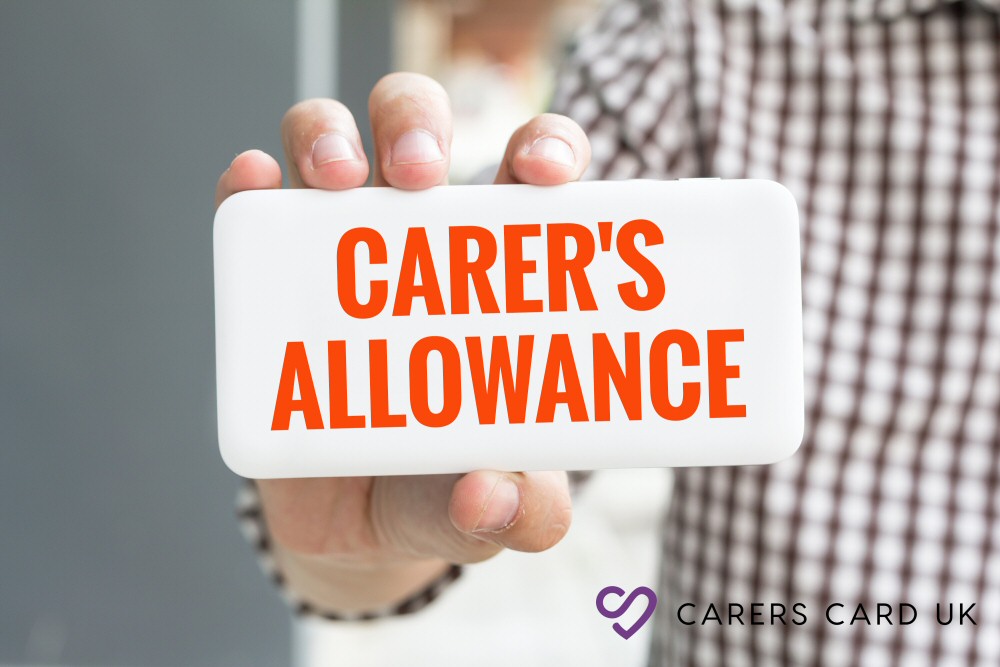The Struggle Of Pensioners Being Denied Access to Carers Allowance
In many societies, the care of elderly individuals often falls on the shoulders of their family members or professional caregivers. Recognising the financial strain and dedication involved in providing care, governments often offer support programs such as the Carer's Allowance. However, a significant oversight persists in many of these schemes: the exclusion of pensioners from accessing such crucial benefits.

The Carer's Allowance, designed to provide financial assistance to individuals providing substantial care for disabled or ill relatives, plays a vital role in supporting caregivers. However, the eligibility criteria for this allowance often exclude pensioners, leaving them in a precarious financial situation despite their significant caregiving responsibilities.
One of the primary reasons pensioners are denied access to the Carer's Allowance is the eligibility requirement tied to the recipient's age and income. Typically, to qualify for the allowance, the caregiver must be of working age, often defined as below the state pension age. This arbitrary age limit fails to acknowledge the reality that many older individuals continue to provide extensive care for loved ones well beyond retirement age.
Moreover, the income threshold for eligibility further exacerbates the issue. Pensioners who receive a pension income, no matter how modest, often find themselves disqualified from accessing the Carer's Allowance. This exclusion fails to recognise the financial strain that caregiving imposes, irrespective of the caregiver's income source.
The consequences of denying pensioners access to the Carer's Allowance are profound and far-reaching. Many elderly caregivers are forced to navigate the complex healthcare and support systems without adequate financial assistance, placing them at risk of financial hardship and emotional burnout.
Furthermore, the exclusion of pensioners from the Carer's Allowance perpetuates inequality within society. It sends a message that the care provided by older individuals is somehow less valuable or deserving of support compared to that provided by younger caregivers. This undermines the contributions of elderly caregivers and neglects the invaluable role they play in supporting vulnerable members of society.
The denial of access to the Carer's Allowance also has broader societal implications. It discourages individuals, especially older adults, from taking on caregiving responsibilities, potentially leading to increased reliance on formal care services or placing additional strain on already overburdened family members.
Addressing this issue requires a fundamental reevaluation of the eligibility criteria for the Carer's Allowance. Governments must recognise the valuable contributions of all caregivers, regardless of age or income, and ensure that support programs are inclusive and accessible to all who undertake caregiving responsibilities.
Policy reforms should focus on removing age and income-based barriers to access, ensuring that pensioners are not unfairly excluded from vital financial assistance. This could involve revising eligibility criteria to consider caregiving responsibilities rather than age or income alone.
Additionally, governments should explore alternative support mechanisms tailored specifically to the needs of elderly caregivers. This could include targeted financial assistance, respite care services, and access to comprehensive support networks aimed at alleviating the challenges associated with caregiving in later life.
Ultimately, the exclusion of pensioners from the Carer's Allowance is not just a matter of policy oversight; it is a matter of social justice and recognition of the invaluable contributions made by elderly caregivers. By reforming support programs to be more inclusive and accessible, societies can better support and empower all caregivers, regardless of age, in their crucial role of providing care and compassion to those in need.
Posted: 26/05/2025
